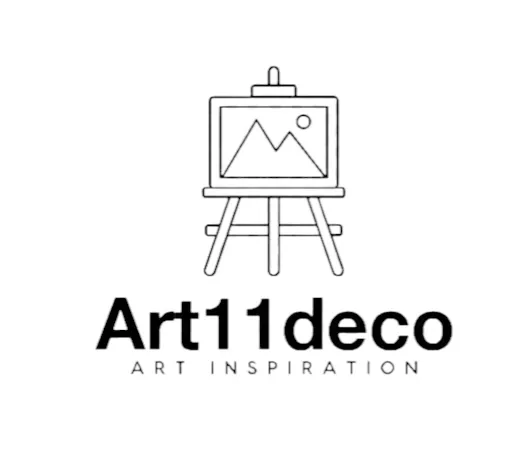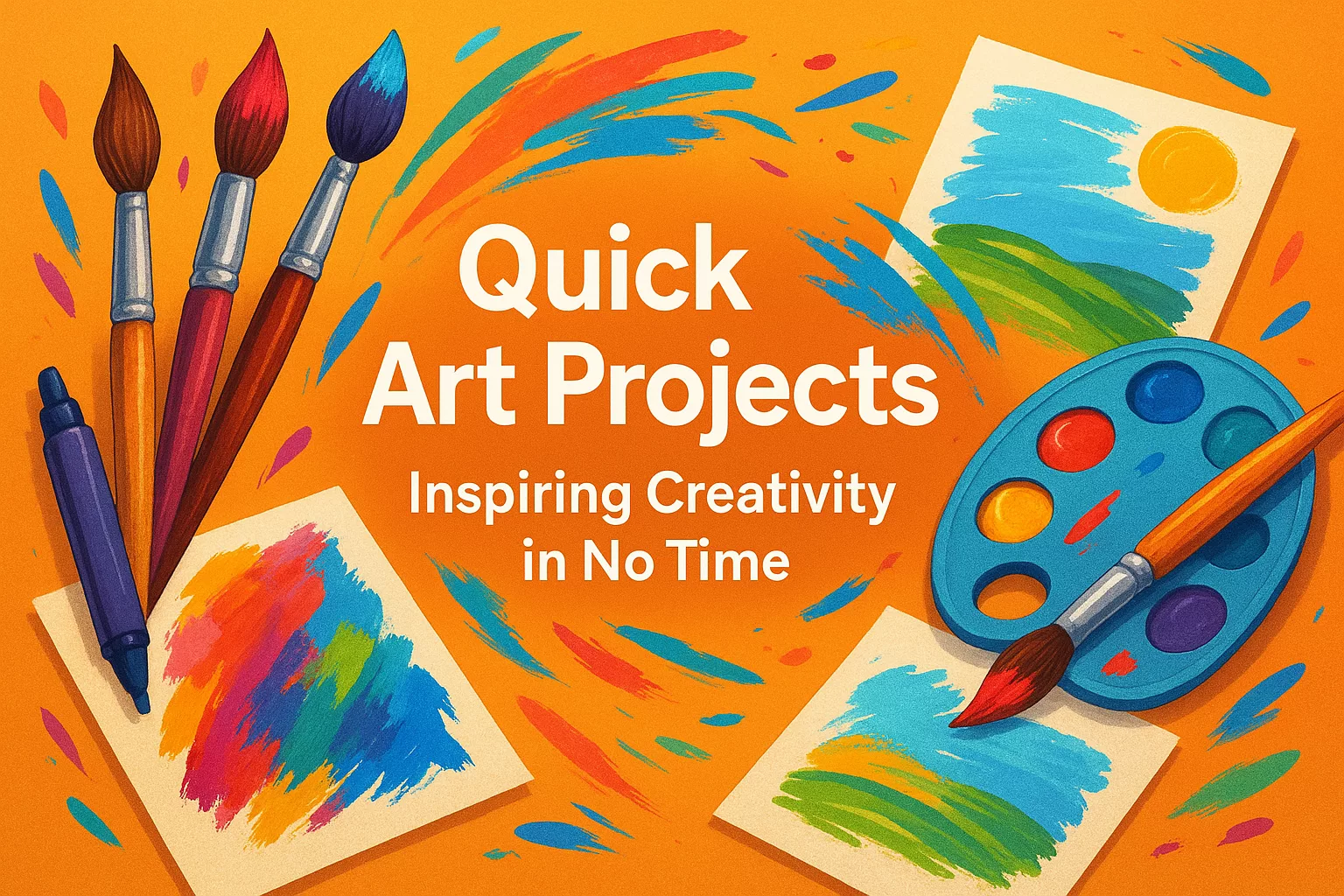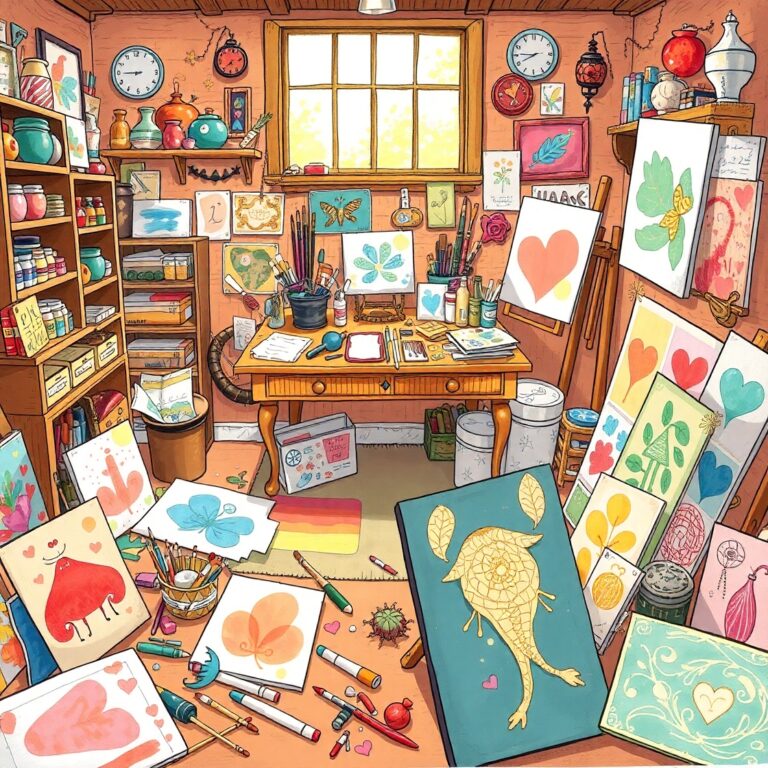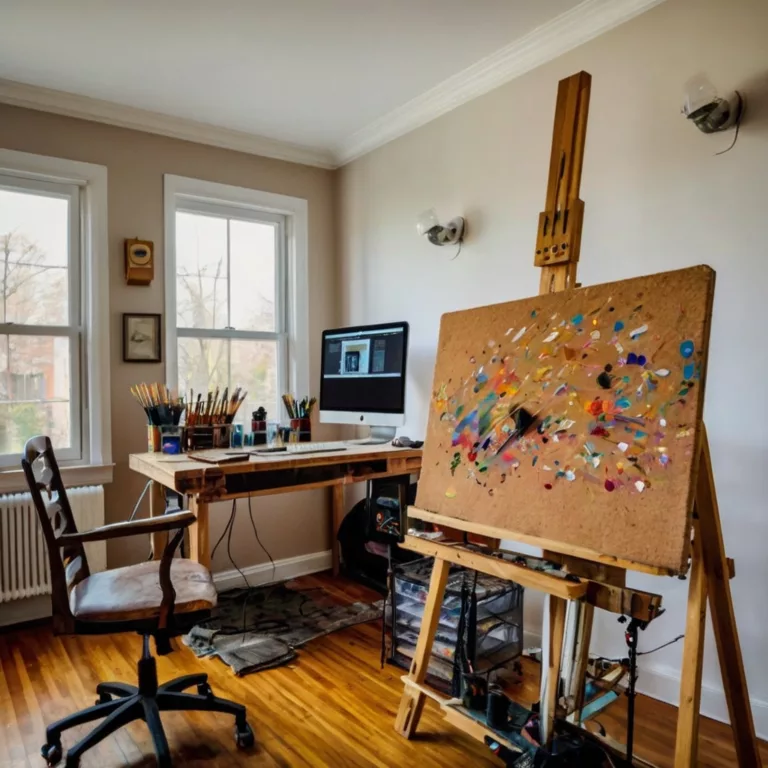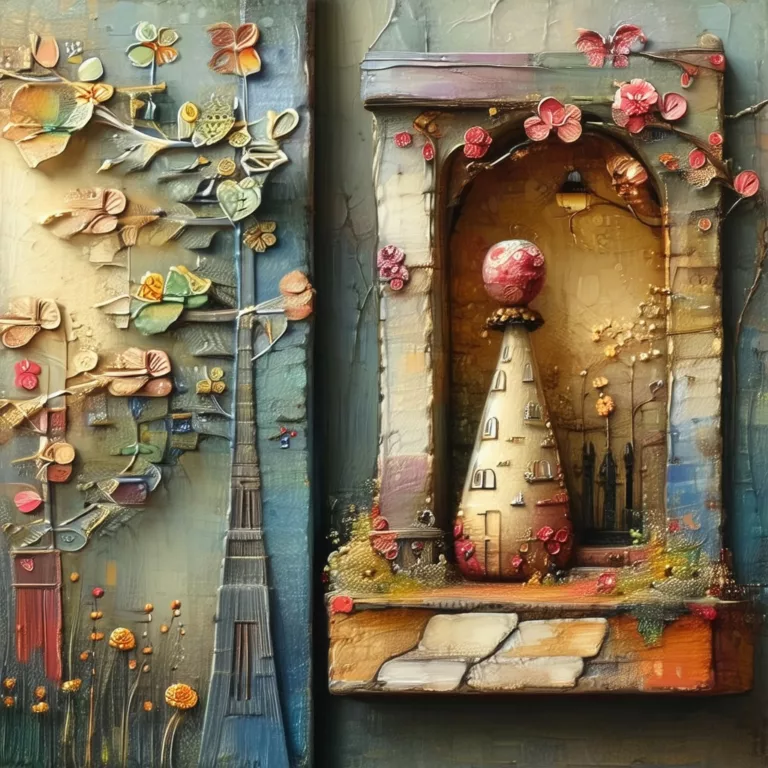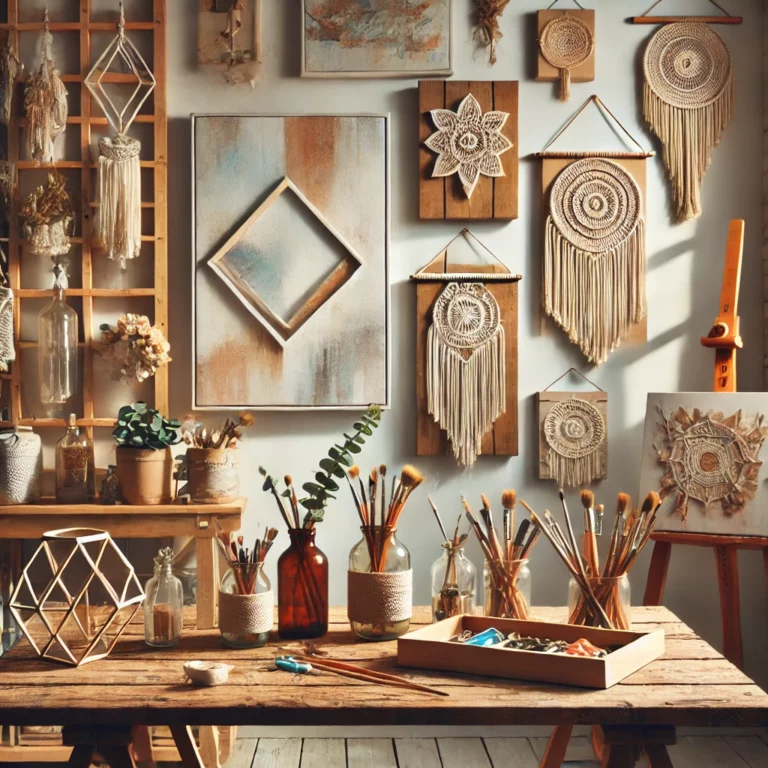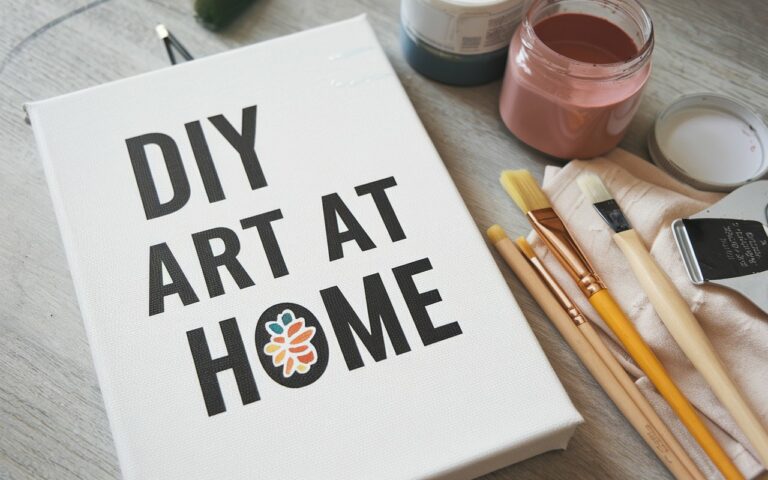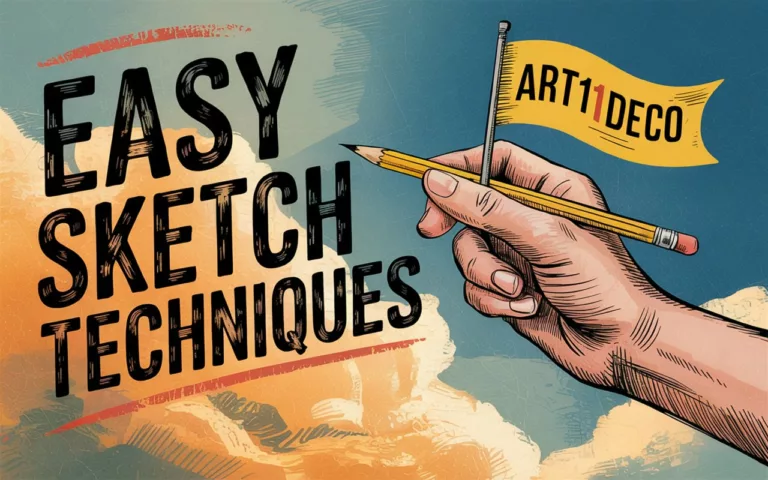Quick Art Projects: Inspiring Creativity in No Time
Introduction
Art is an ever-evolving process, but sometimes, artists need quick projects to ignite creativity, practice new techniques, or produce something visually appealing in a short period. Quick art projects can be an excellent way to break creative blocks, experiment with different mediums, and improve skills. Whether you are a seasoned artist or a beginner, engaging in small-scale, time-efficient projects can keep your artistic journey fresh and exciting.
As an artist and designer, I have always found value in spontaneous creativity. These projects are not just about saving time; they are about discovering new dimensions in art, pushing the limits of imagination, and finding joy in the unexpected. This guide explores a variety of quick art projects, from painting and drawing to digital art and mixed media. Each project can be completed within a short time frame while still offering a rewarding artistic experience.
Quick Painting Projects
1. Abstract Expressive Painting
Abstract art allows for uninhibited creativity. Grab a canvas or paper, some acrylic or watercolor paints, and let your emotions guide your brushstrokes. Try techniques such as pouring, splattering, or palette knife painting to create unique textures and forms.
Pro Tip: Try listening to different genres of music while painting. The rhythm and mood can influence your strokes and color choices, adding an emotional depth to your work.
2. Monochrome Painting
Choose one color and experiment with its different shades by mixing it with black or white. This project helps in understanding tonal values and composition.
Personal Experience: I once created a monochrome blue painting inspired by ocean waves, and it became one of my most expressive works. Limiting your palette can sometimes lead to greater creative breakthroughs.
3. 10-Minute Landscape
Set a timer for 10 minutes and paint a quick impression of a landscape. Use broad strokes and minimal detail to capture the essence of the scene rather than focusing on intricate details.
Challenge Yourself: Try painting the same scene at different times of the day to explore how light affects colors and shadows.
4. Coffee or Tea Staining
Instead of traditional paint, use brewed coffee or tea to create a warm-toned painting. Layer different strengths of the beverage to achieve depth and contrast.
Exclusive Insight: Some of the greatest Renaissance artists used natural pigments. Experimenting with unconventional materials can connect you to historical art techniques.
Quick Drawing Projects
5. Continuous Line Drawing
Without lifting your pen or pencil from the paper, create a drawing using a single continuous line. This exercise enhances observation skills and hand-eye coordination.
6. Blind Contour Drawing
Draw an object without looking at your paper. Focus entirely on the subject and let your hand follow your eye movement. The results are often quirky and fun!
Tip from My Sketchbook: I often use blind contour drawings as warm-ups before larger projects. They loosen up the hand and train the eye to see details differently.
7. Speed Sketching
Set a timer for 1, 5, or 10 minutes and sketch a person, an object, or a scene. This project improves the ability to capture forms quickly and efficiently.
8. Doodle Challenge
Fill a page with random doodles related to a theme such as nature, animals, or abstract patterns. This is a great way to unleash creativity without overthinking.
Exclusive Tip: Turn your doodles into patterns for textile designs or digital backgrounds.
Quick Digital Art Projects
9. Color Palette Challenge
Choose a limited color palette (three to five colors) and create a digital artwork using only those hues. This helps in mastering color harmony.
10. Speed Portrait
Use a digital drawing tablet to create a quick portrait sketch in under 15 minutes. Focus on capturing the likeness rather than details.
Pro Insight: I often do speed portraits to experiment with new brushes and textures in digital painting software.
11. Pixel Art Creations
Design a small pixel art character or object using simple squares. This is a fun way to practice digital art in a structured format.
12. Typography Art
Create a visually appealing design using only letters and fonts. Experiment with text placement and styles to form an engaging composition.
Quick Mixed Media Projects
13. Collage Art
Cut out images from magazines, newspapers, or old books and arrange them into an artistic composition. This technique can be combined with painting or drawing.
14. Postcard Art
Design your own postcards with watercolor washes, ink illustrations, or printed images. Send them to friends or use them as personalized decor.
15. Stencil Art
Create a simple stencil from paper or plastic and use spray paint or a sponge to apply color onto a surface. This is a great technique for street-style artwork.
Creative Idea: Use layered stencils to add depth and complexity to your designs.
16. Art Journaling
Use a journal to experiment with different mediums, combining text, drawings, and paint in a freeform, expressive way.
Personal Practice: I keep an art journal to document daily inspirations, color studies, and spontaneous ideas. It’s a treasure trove of future projects.
Quick Sculpture and Craft Projects
17. Clay Miniatures
Use air-dry clay to sculpt tiny figurines, animals, or abstract forms. Once dry, you can paint them for added detail.
18. Origami Creations
Fold paper into intricate origami shapes like cranes, flowers, or animals. This is a relaxing and rewarding project.
19. Wire Art
Bend and twist thin wire to create simple shapes, figures, or decorative elements. Wire sculptures add a unique touch to any space.
20. Recycled Art
Turn old newspapers, cardboard, or plastic into a creative sculpture or mixed media piece. Sustainable art projects encourage resourcefulness and environmental consciousness.
Unique Thought: Art should be a reflection of the world around us. Incorporating recycled materials into your work makes a powerful statement about sustainability.
Conclusion
Quick art projects are a fantastic way to keep your creativity alive without the pressure of long-term commitments. Whether you have 10 minutes or an hour, there’s always an opportunity to create something beautiful.
Experiment with different techniques, challenge yourself with new ideas, and most importantly, enjoy the process of making art. I personally believe that some of the best ideas come from unplanned, spontaneous moments.
No matter your skill level, these projects will help you stay inspired, refine your artistic skills, and find joy in the simple act of creation. Happy crafting!
Art11deco
